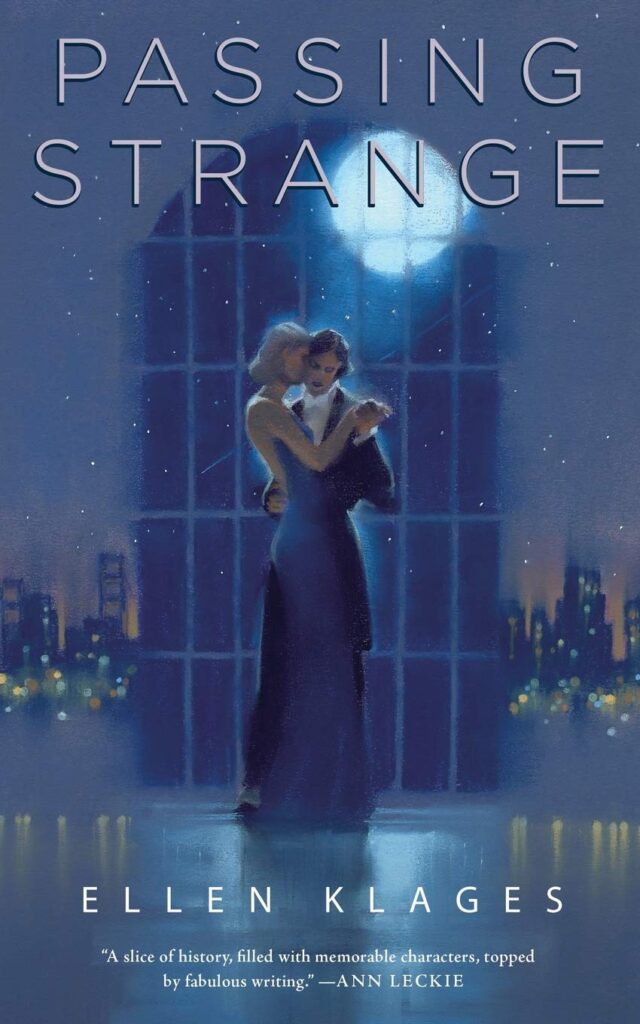
Genre: Fantasy
Audience: Adult
Series?: Chronicles of the Bitch Queen
Rating: Liked it
For fans of: The Farseer Trilogy, The Unbroken, Ursula Le Guin, family dramas, political fantasy, strong female characters, slow burn romance, Suffering
Asian Readathon is over, and I am only reading cute, fluffy books with lots of kissing and minimal dead cats from now on. I deserve it after The Wolf of Oren-Yaro.
K. S. Villoso’s Filipino-inspired family drama-cum-epic fantasy is narrated by Queen Talyien, possibly the only Strong Female Character to say, “I can take care of myself, thanks,” and then do so. Talyien is the first female ruler of Oren-yaro. She was betrothed at first to the last end of a rival faction in order to end her country’s brutal civil war. Then her worthless garbage truck of a husband fled on their coronation day, abandoning her with their two-year-old son to rule alone.
Talyien believes (and Goodreads reviewers seem to agree) that her primary flaw is continuing to love her husband through the five years of his absence. There’s some textual evidence for this: When her husband asks Talyien to meet him in a hostile and much more powerful neighboring country, she does, and almost everyone she trusts either dies or betrays her as a result.
I disagree. I think Talyien is so strong people fail to notice what’s actually going on with her: She’s traumatized. She’s trying to live up to not only the expectations of an entire fractious nation but also the idealized image of her dead father. Yes, it would be better for her to put her hope and faith in someone (anyone) who deserves it more than her absent husband, but this is what traumatized people often do. We love people who don’t deserve it.
This isn’t a story about a dysfunctional marriage so much as it is about a dysfunctional family, all three generations of it.
It’s also a character study. Yes, there’s (so much) violence and politics and forbidden magic, but all of those things serve to propel Talyien’s journey from queen who’s always been surrounded by servants to beggar wandering the slums in a hostile country to the person she becomes at the end of the series.
I say “series” rather than book because The Wolf of Oren-Yaro feels very much like the beginning of a trilogy rather than a standalone novel. Which makes sense: It was originally self published. K. S. Villoso knew she didn’t need a publisher’s permission to continue.
However, it makes this a difficult book to review. The character arcs are incomplete. The good guys are still in danger, and even the bad guys who have died feel like they might make a comeback. Talyien has seen some of the world outside her (comparatively) sheltered life as a queen and gained some surprising insights about the people she thought she knew best, but it remains to be seen what she’ll do with those insights. There’s no resolution, merely a pause.
I wanted to hold off on writing this review at all until I finished the series, but I decided to push ahead for two reasons. One: It’s hard to post a full-series review on Goodreads and Amazon, where authors need reviews the most. Two: I don’t know when I’ll feel up to returning to Talyien’s world.
The Wolf of Oren-Yaro is beautifully written, but it isn’t a pretty book. There’s very little hope or light. Even the settings are ugly: dank prison cells, barred windows, and slums filled with starving children and dead cats. Talyien is rarely free from threats of rape and murder. Even in her dreams, she’s reliving childhood traumas. She does get to spend a few sweet pages with a normal, loving family, but then she’s immediately back to fighting for her life.
Here’s what I can say at this point: K. S. Villoso is a strong, genre-savvy writer. Despite the sprawling world and the shifting politics, I never felt lost. There is no glossary or cast list at the end of the book because it’s unnecessary. I never needed to flip back to remind myself who a character was or what they wanted.
And they felt real. One of the reasons I’m so reluctant to read The Issekar Falcon right now is how much I cared for Talyien. She’s a flawed, fully developed, and deeply wounded character. I want someone to come along, prove they’re worthy of her trust, and give her a hot meal and a nice long bath. I want her to learn to set boundaries and get comfortable with disappointing her father’s memory. I want her to be okay–and because she’s a flawed, fully developed, and deeply wounded character, I know that won’t happen for at least another book and three quarters.
Asian Readathon
This is my final book for the 2021 Asian Readathon. I’m counting it for challenge 3 (favorite genre)
K. S. Villoso is Filipino Canadian.
Content Warnings
This book is heavy. I never want to try to provide a complete list of all triggers, for fear of missing one, but I didn’t see anyone else talking about the extent of sexual violence in this book. It’s a lot.
The Wolf of Oren-Yaro contains frequent and often detailed threats of rape, human trafficking, verbal descriptions of past rape, and rape on the page.
More Info
Publisher: Orbit
Paperback Page Count: 496
K. S. Villoso is on Twitter and Instagram.
You can support your local independent bookstore by buying The Wolf of Oren-Yaro on Bookshop.org, or grab it on Amazon.


